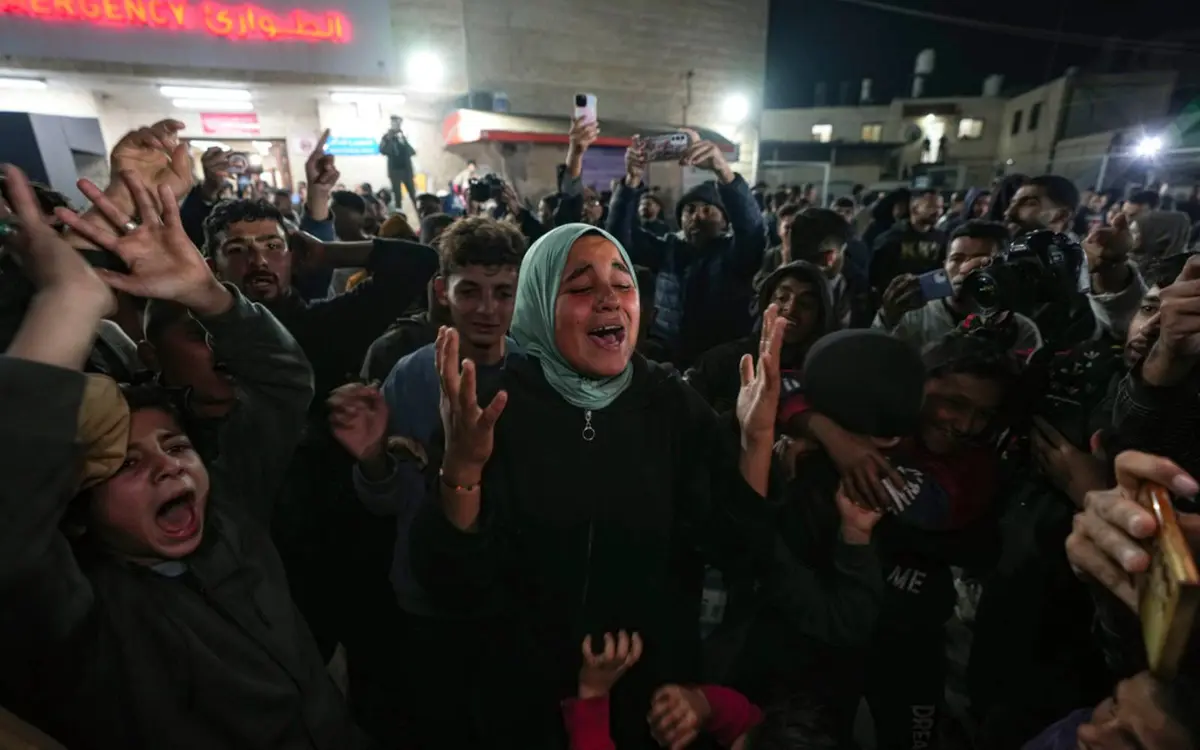After more than fifteen months of fighting, Hamas and Israeli negotiators announced on Wednesday, Jan. 15, that they had reached a ceasefire agreement. The deal is set to take effect on Sunday, January 19, with United States and Israeli officials citing logistical challenges as the reason for the delay in implementation.
According to Israeli officials, several of the logistical delays stemmed from the requirement for the ceasefire agreement to be approved by the Israeli government. On Wednesday evening, Israeli Prime Minister Benjamin Netanyahu’s office released an official statement acknowledging that while certain details of the agreement still required resolution, they expected everything to be finalized by the end of the day.
The ceasefire agreement’s ratification and authorization vote, expected to be in by Thursday, Jan 16, may face opposition from a number of Israeli officials who have expressed their opposition about making a deal with or negotiating with Hamas. Despite these potential divisions, Israeli President Issac Herzog urged the government to support the agreement, stating, “I call on members of the cabinet and the government of Israel to approve the deal when it is brought before them.”
The ceasefire agreement, which came after weeks of negotiations between Hamas and Israel and was facilitated by U.S., Qatari and Egyptian mediators, will be implemented in three phases.
The first phase, set to last approximately six weeks, will focus on Israel’s withdrawal of forces from Gaza. Simultaneously, Israel will release Palestinian prisoners while Hamas releases Israeli hostages.
Negotiations regarding the logistics of phase two are expected to occur on the 16th day of the first phase. It is set to address the release of any remaining hostages, the total withdrawal of Israeli forces and the establishment of a permanent ceasefire.
The third and final stage will focus on repatriating the remains of hostages who did not survive the conflict to their home countries. Reconstruction will also begin in Gaza, which is set to be closely monitored by the United Nations, Egypt and Qatar.
While statements from key mediators like the United States, Qatar and Egypt have yet to be fully disclosed, sources close to the discussions have expressed a sense of hope that this agreement could mark a turning point in de-escalating the ongoing conflict. Sheikh Tamim bin Hamad Al Thani, the Emir of Qatar, applauded the ceasefire agreement, noting that his country’s role, alongside Egypt and the United States, in mediating this agreement was a “humanitarian duty” and that he hopes the announcement of the ceasefire will, “contribute to ending the aggression, destruction and killing in the Strip and the occupied Palestinian territories.”
Both President Joe Biden and President-elect Donald Trump have expressed their support for the agreement. During a White House briefing, Biden described the negotiations between Israel and Hamas as “one of the toughest” of his career. At the same time, Trump wrote on social media, “This EPIC ceasefire agreement could have only happened as a result of our Historic Victory in November.”
However, those involved on both sides of the deal remain skeptical about the agreement and its effectiveness. While some view it as a necessary step towards peace, others remain uncertain whether both sides will honor its terms in the long run.








